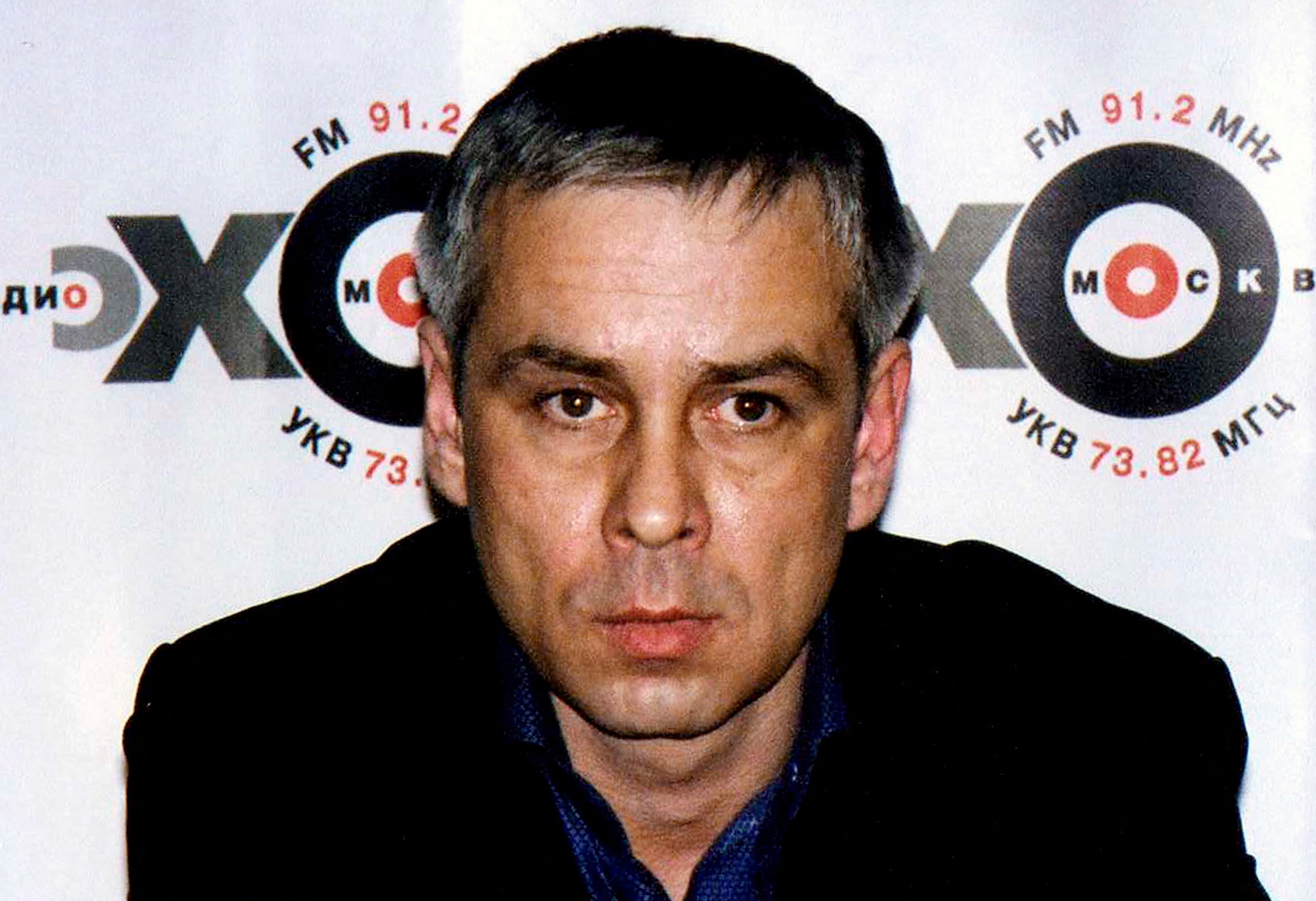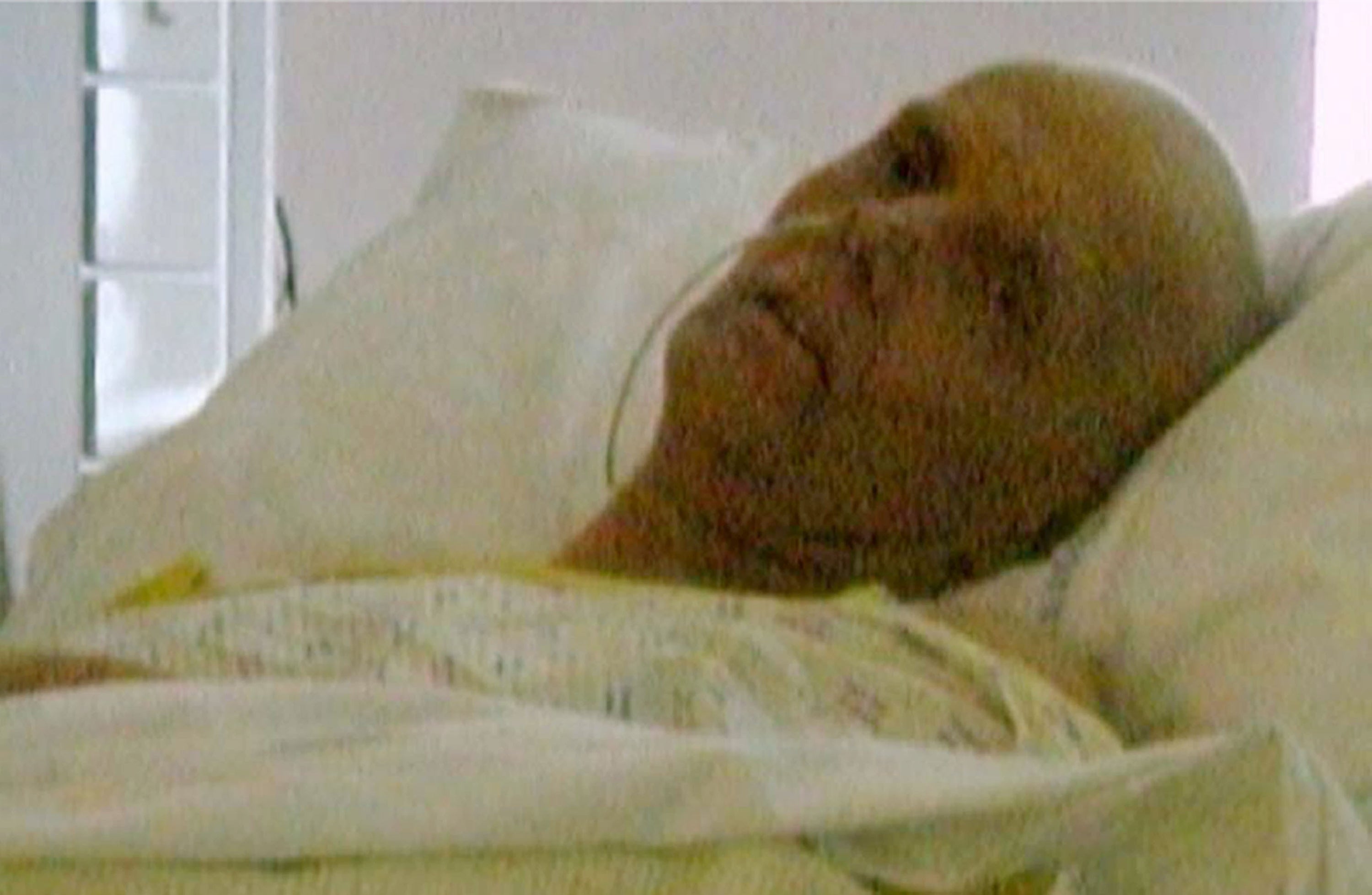Russian agent linked to radioactive poisoning of Alexander Litvinenko dies from Covid
Dmitry Kovtun and Andrei Lugovoi were alleged to have carried out the assasination of Alexander Litvinenko

Your support helps us to tell the story
From reproductive rights to climate change to Big Tech, The Independent is on the ground when the story is developing. Whether it's investigating the financials of Elon Musk's pro-Trump PAC or producing our latest documentary, 'The A Word', which shines a light on the American women fighting for reproductive rights, we know how important it is to parse out the facts from the messaging.
At such a critical moment in US history, we need reporters on the ground. Your donation allows us to keep sending journalists to speak to both sides of the story.
The Independent is trusted by Americans across the entire political spectrum. And unlike many other quality news outlets, we choose not to lock Americans out of our reporting and analysis with paywalls. We believe quality journalism should be available to everyone, paid for by those who can afford it.
Your support makes all the difference.One of the men accused of poisoning Kremlin critic Alexander Litvinenko has died from coronavirus.
A British inquiry that concluded in 2016 accused Russian agents Dmitry Kovtun and Andrei Lugovoi of being involved in the murder of the former Russian spy in 2006.
Kovtun died in a Moscow hospital at the age of 56 after contracting the virus, according to Russia’s TASS news agency.
Lugovoi, who is now a Russian politician, paid tribute to a “close and faithful friend”, the agency said.
Litvinenko was a former KGB officer who later became a British citizen and was an outspoken critic of Russian President Vladimir Putin.
From his deathbed, he accused Putin of ordering his killing, but the Kremlin has always denied any role in Litvinenko’s death.
He died weeks after drinking green tea laced with radioactive polonium-210 at London’s Millennium Hotel, where he met Kovtun and Lugovoi.

With Litvinenko’s assistance while he lay in hospital, British investigators found traces of polonium at sites across London where the two men had been, including in offices, hotels, planes and the Arsenal soccer stadium.
They denied carrying out the poisoning, and Russia refused to extradite them to face trial.
A judge at a British inquiry into the case concluded in 2016 that the murder was an operation of Russia’s FSB spy agency that was probably approved by its director at the time, Nikolai Patrushev, and by Putin himself.
Litvinenko’s widow, Marina, took the case to the European Court of Human Rights (ECHR) who backed the conclusion of the British inquiry.
A statement from the ECHR said: “The court found in particular that there was a strong prima facie case that, in poisoning Mr Litvinenko, Mr Lugovoi and Mr Kovtun had been acting as agents of the Russian State.”
Kremlin spokesman Dmitry Peskov described the court’s ruling as “unsubstantiated”.
Join our commenting forum
Join thought-provoking conversations, follow other Independent readers and see their replies
0Comments